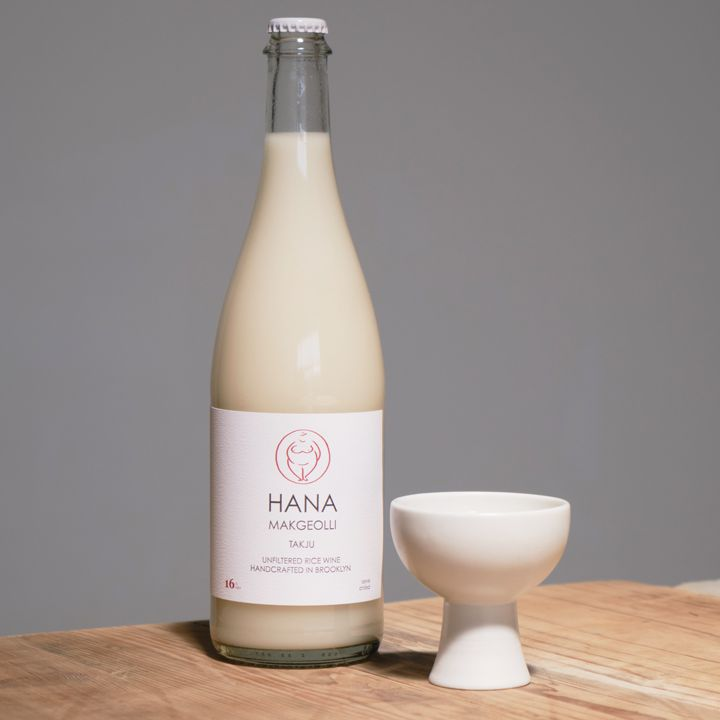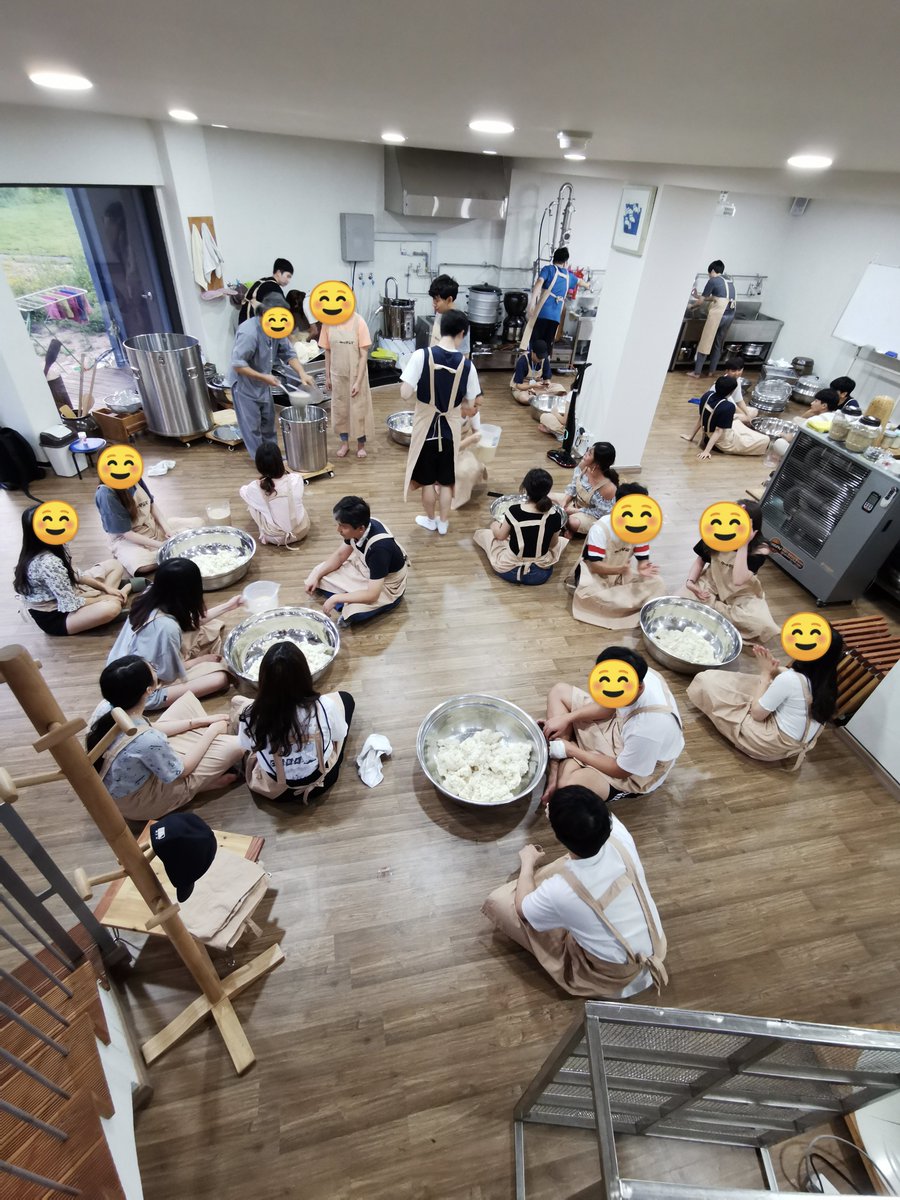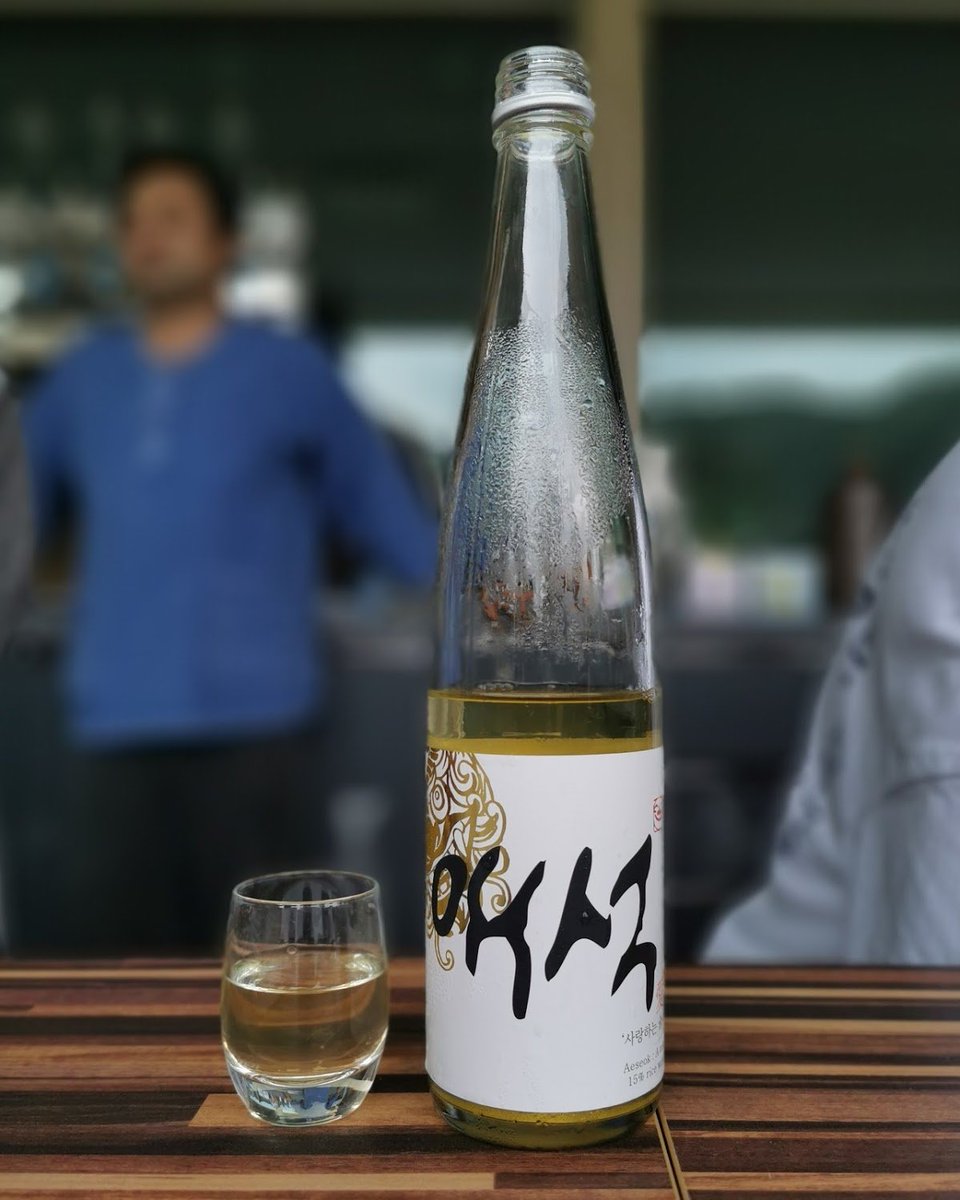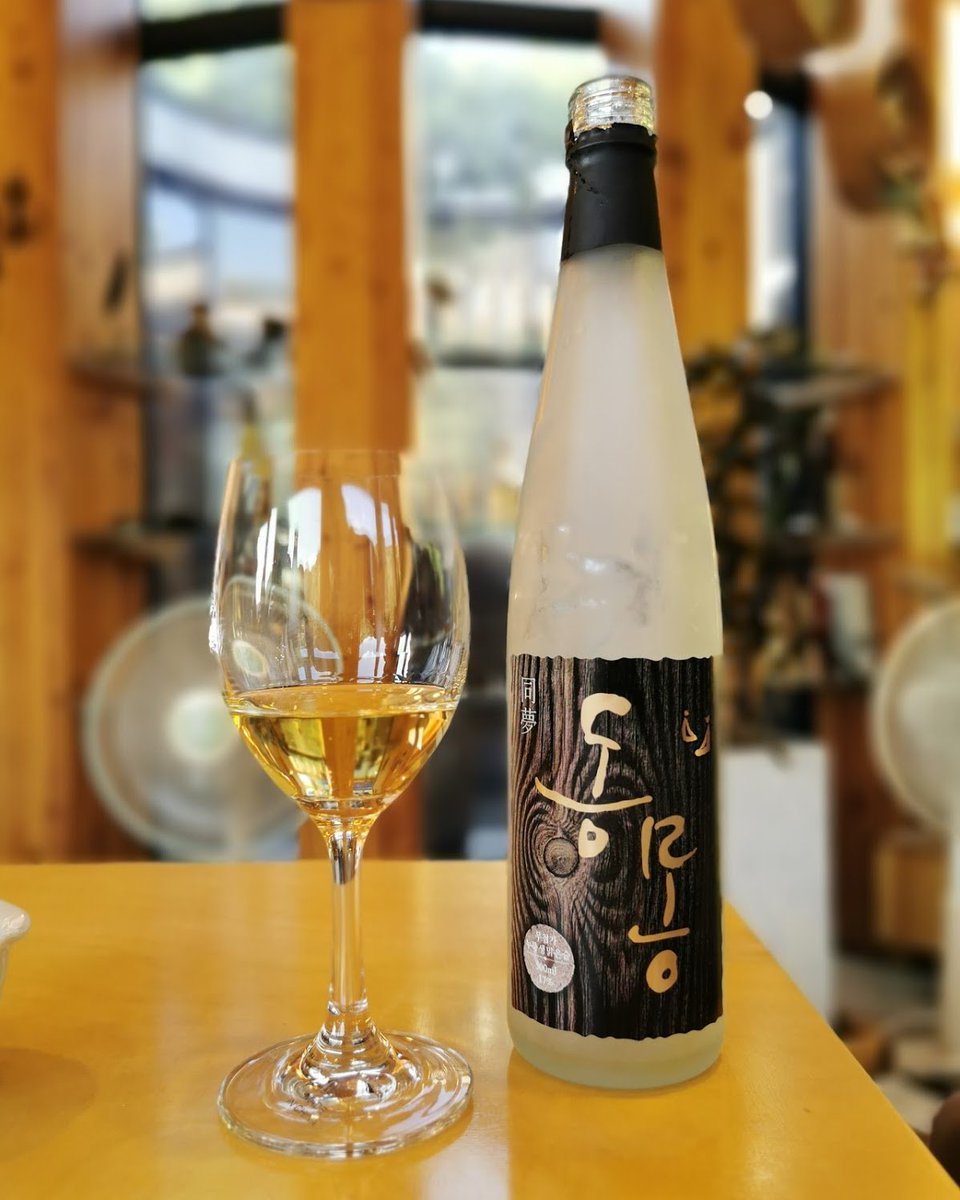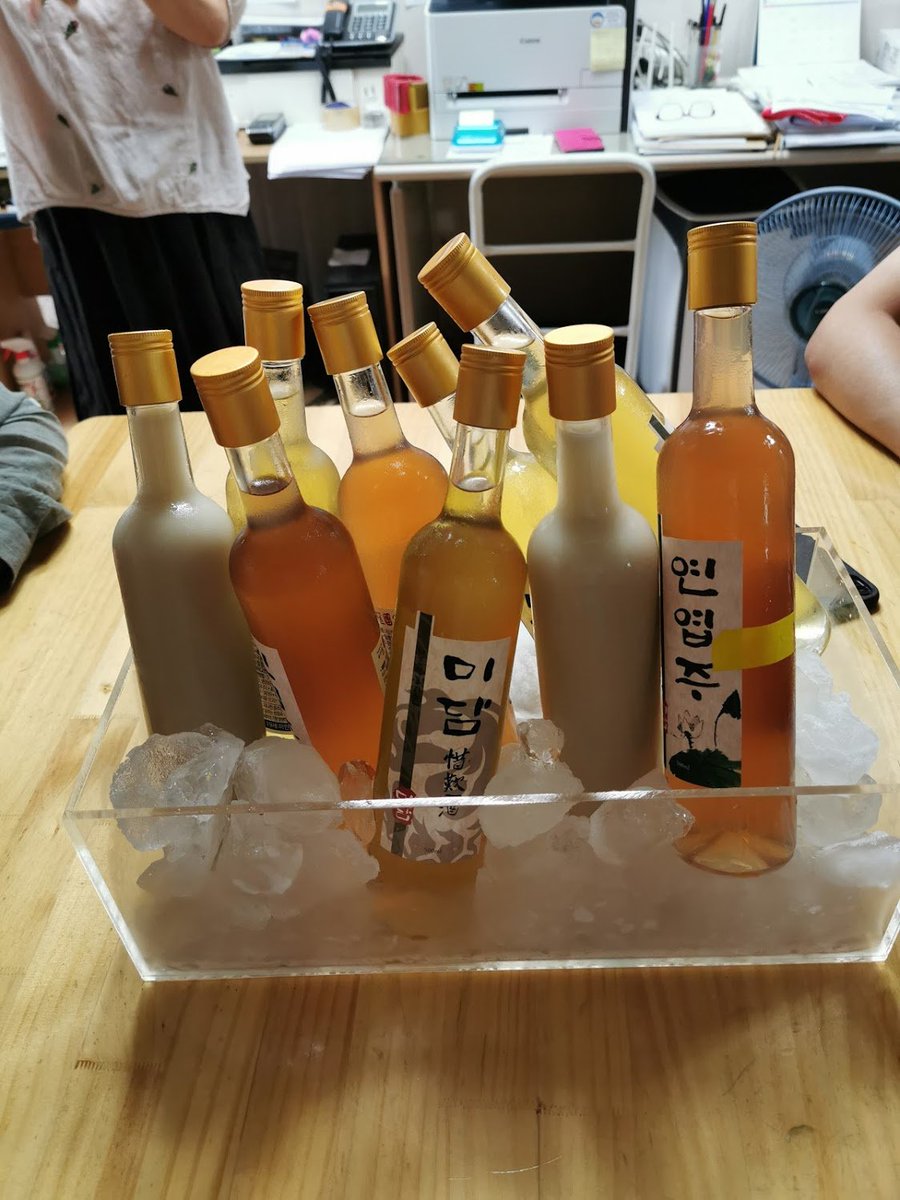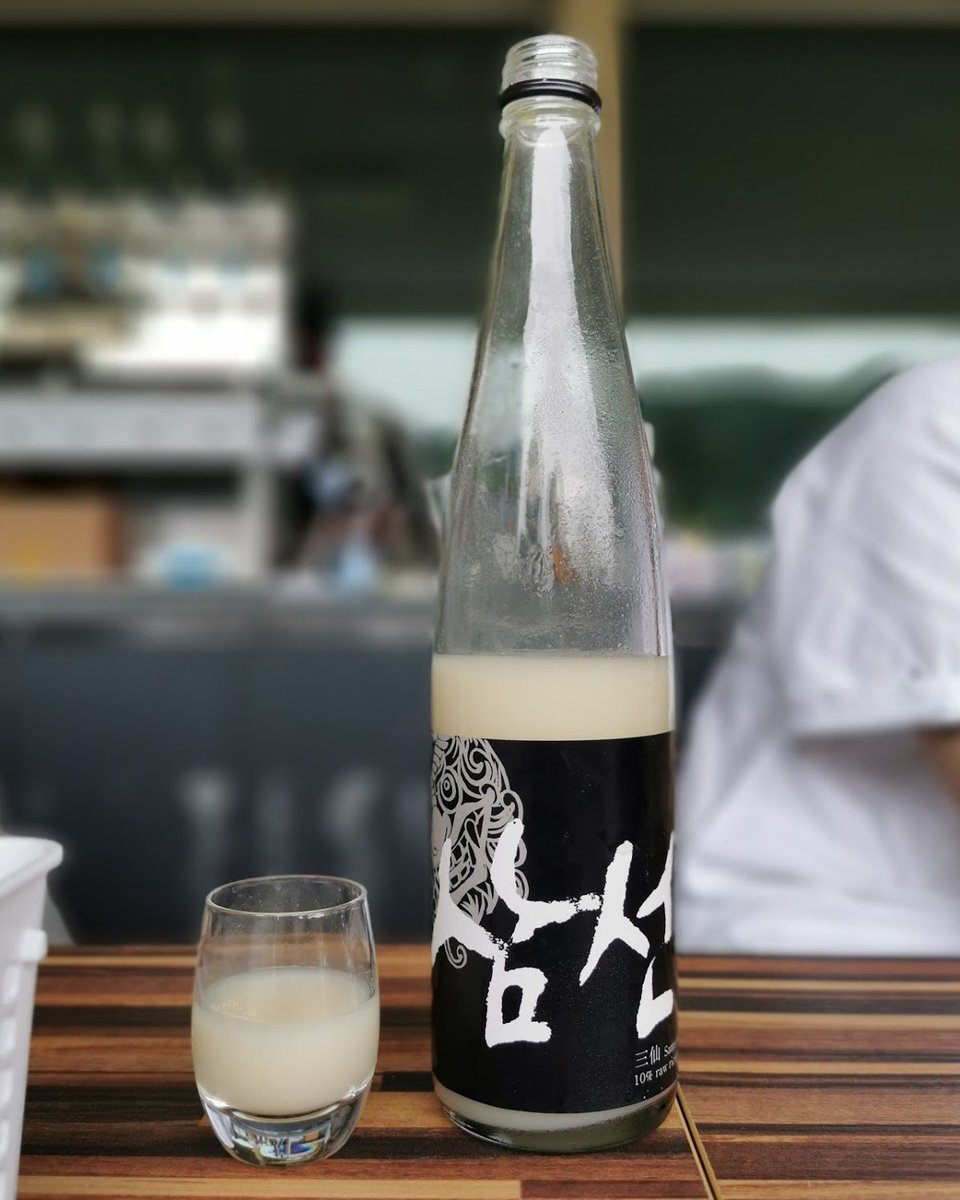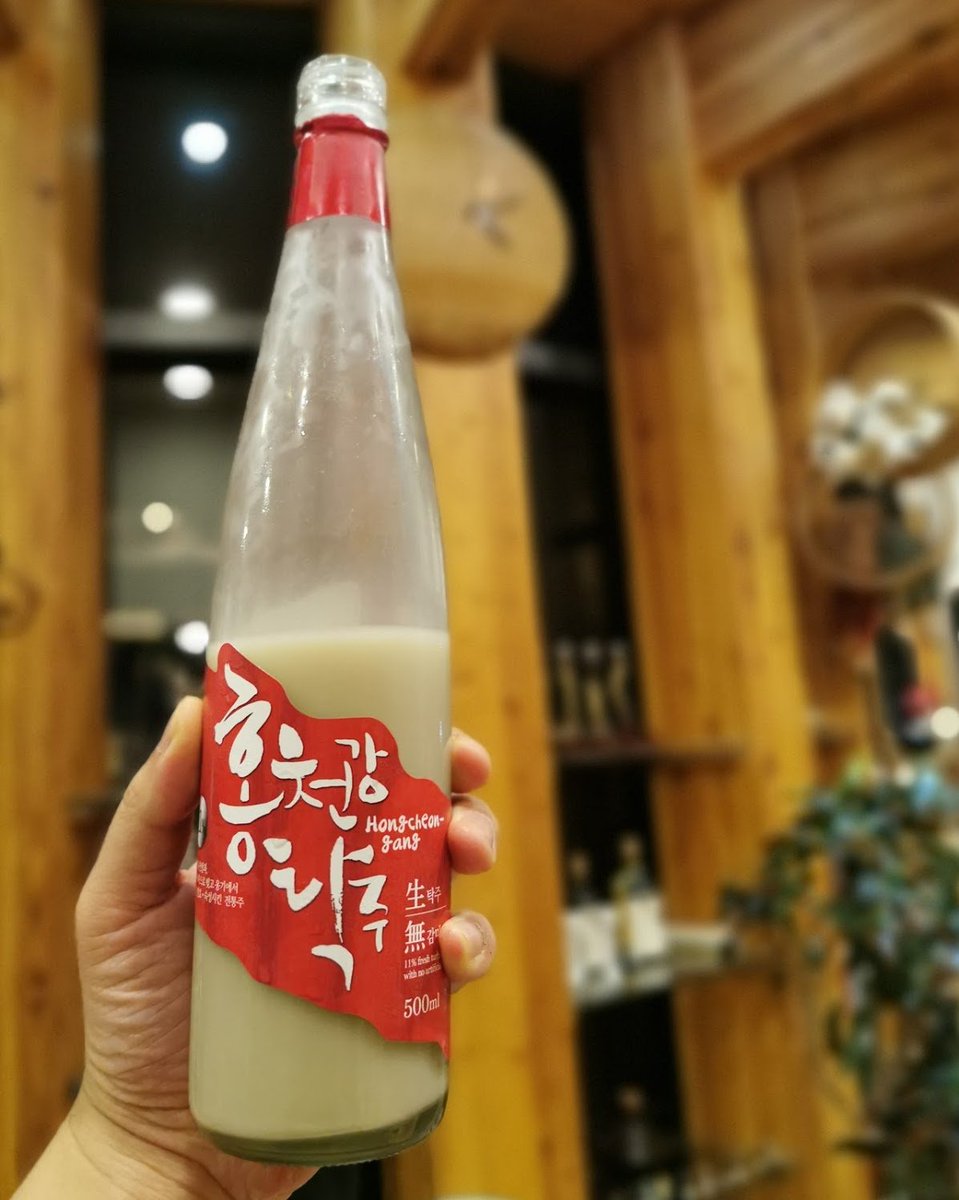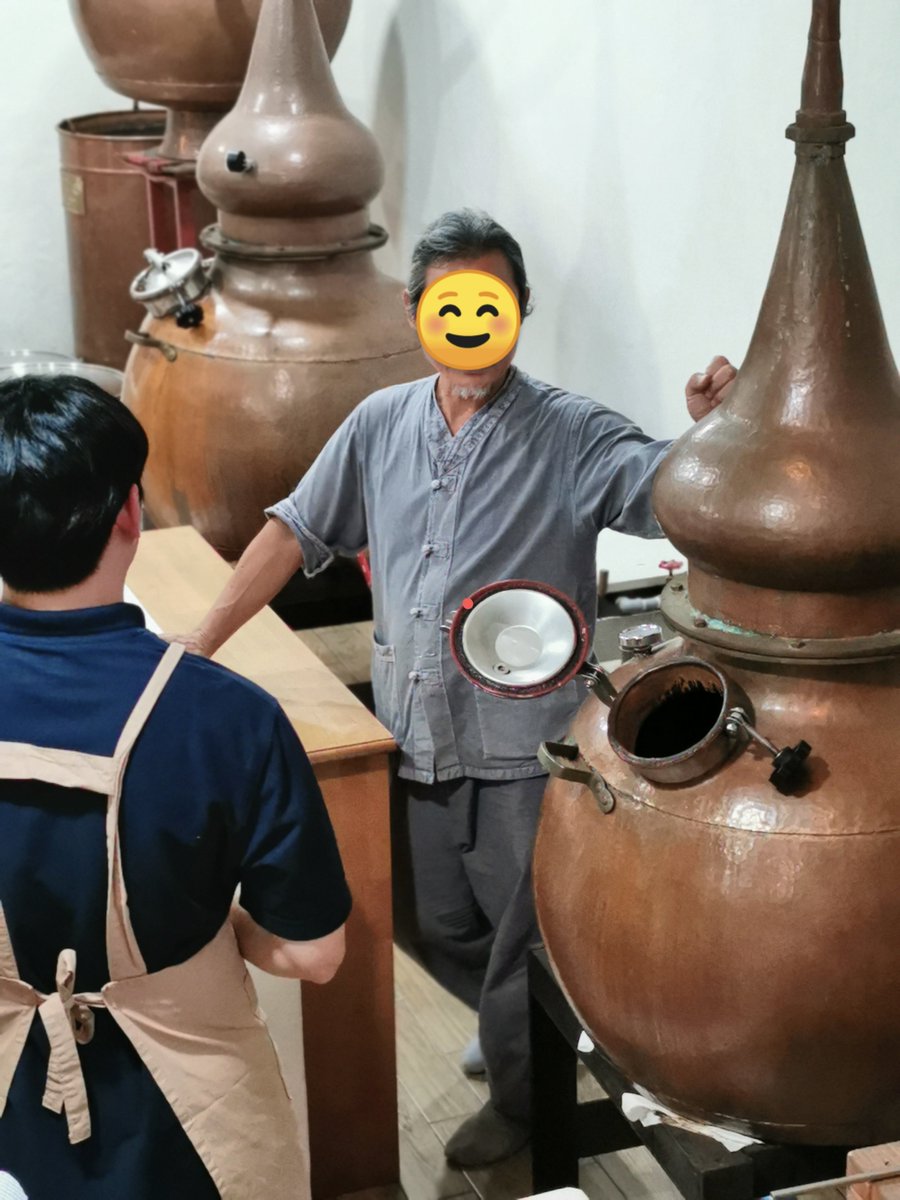(Inspired by @minseon_ku.)
Happy Lunar New Year! Let's discuss Korean alcohol and amazing things that happen when people do creative things with culture.
Pictured, you find makgeolli/takju from Hana, a Brooklyn-based brewery that produces artisanal-grade Korean alcohol.
Happy Lunar New Year! Let's discuss Korean alcohol and amazing things that happen when people do creative things with culture.
Pictured, you find makgeolli/takju from Hana, a Brooklyn-based brewery that produces artisanal-grade Korean alcohol.
What does the company mean by this?
A remarkable development in post-2000 is the explosive growth of the "traditional alcohol" (전통주) or "our alcohol" (우리술) industry. What is "traditional" or "our" here is a rediscovered or partly-invented tradition.
A remarkable development in post-2000 is the explosive growth of the "traditional alcohol" (전통주) or "our alcohol" (우리술) industry. What is "traditional" or "our" here is a rediscovered or partly-invented tradition.
Typical makgeolli and soju one associates with K-dramas or cheap drinking nights in Hongdae or Gangnam, which typically cost less than $2, are 20th-century creations. Makgeolli contains aspartame, and soju is diluted ethanol distilled from tapioca.
Artisanal-grade makgeolli and soju, however, use water, rice, and the fermenting agent nuruk only. No other ingredients are usually added, except aspartame in a couple of products. In South Korea, you should expect to pay anywhere from $10 to $180.
Why so darn expensive? Artisanal grade makgeolli and soju are brewed and distilled by recently-rediscovered traditional methods. The story goes that around 20 years ago, an artisan wished to learn how his Korean ancestors brewed alcohol 200 years ago.
That is, before the Japanese colonization and the ensuing prohibition of alcohol-brewing severed this tradition. He tried hundreds of times until the end product's taste was close to the description found in the extant recipe books.
Subsequently, he taught his methods to dozens of students, and a whole new industry was born out of this. This bit sounds a bit apocryphal to me. You might also wonder, how do we know if this new method is indeed the traditional method? Who cares? This stuff tastes great.
Back to the question of price. The neo-traditional handmade brewing method is not scalable and requires a lot of labor. Before Covid-19, I organized two student field trips to a famous brewery called Yesul where you get to try making a jar of makgeolli yourself. It's not easy!
Now let's talk about taste and the types of alcohol produced. Over time, the residue drops to the jar's bottom, and a clear layer emerges on top. When it's ready, you filter that part and dilute it to an appropriate alcohol level. That's cheongju 清酒, or "clear alcohol".
Some of you might notice that it looks exactly like Japanese sake, or seishu 清酒. Yes, that was a problem during the colonial period, and every brewer I've met has stories about how the Japanese destroyed Korea's beautiful alcohol-brewing culture. There is some truth that.
Due to this colonial legacy, South Korea's liquor law still has funny regulations prohibiting brewers from officially labeling their cheongju... cheongju. Hence they use the term yakju 藥酒, or "medicinal alcohol" to sell their products in the market.
Cheongju is fantastic. A bottle of good cheongju, which is typically diluted to 15-20%, costs around $25-$40. It is the best way to enjoy and appreciate the full aroma of the nuruk fungus. Wait, what? Fungus?
If you recall, the traditional brewing method uses water, rice, and nuruk only. No other ingredients are added. Nuruk is a grain-based cake and fermentation starter that collects and grows local fungi.
Cheongju tends to give off a floral or fruity aroma, which originates from nuruk, not any added agents. When you drink cheongju, you are literally enjoying the aroma of the local vegetation in which the nuruk was made.
Makgeolli is the stuff at the bottom, including some of the dregs. The Sino-Korean name is takju 濁酒, or "cloudy alcohol". The alcohol content tends to be lower than cheongju, and so is the price.
To me, it is a different way of enjoying neo-traditional Korean alcohol, rather than a lower-grade product. You can find a good bottle for $10-$20.
And then there are distilled spirits, which is what soju 燒酒 is supposed to be. Some distilled spirits claim to follow a relatively uninterrupted tradition, such as Andong soju.

 Read on Twitter
Read on Twitter